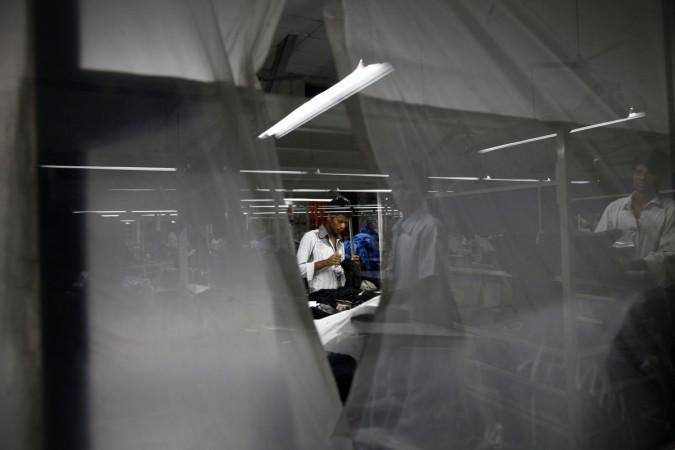
The Cabinet on Wednesday, after a prolonged wait, approved the Constitutional Amendment Bill on the Goods and Service Tax (GST), paving the way for the legislation to be introduced in the current winter session of Parliament, which will end on 23 December.
The Bill is likely to include petroleum within GST, but the Centre would be allowed to impose excise duty on it and the states value-added tax (VAT) for initial years, reports Business Standard.
One of the reasons that the Bill was delayed was because petroleum was one of the contentious issues between the Centre and the states.
States were in favour of petroleum products being excluded from GST as they earn over 50 percent of their revenues from this head. The Centre however wanted to keep it within the GST so that the chain of providing reimbursement for input taxes is not broken.
The other controversial issue was the compensation to states for revenue loss after GST is introduced. Circumspect after the Centre's unkept promises on compensation for a cut in the Central Sales Tax (CST) rate, the states vouched for the inclusion of GST compensation within the Bill. They also wanted the Centre to give their word on GST compensation being provided for five years.
The Bill on a tapering basis contains the compensation for five years, it is learnt.
The ground reality is that the Centre will provide full compensation for the revenue loss for the first three years and then progressively reduce it for the next two years.
The third issue on which the Centre and the states had disagreements was the entry tax imposed by local bodies. States such as Punjab wanted it to be kept out of GST, but the Centre was keen on incorporating it within the new tax system. Eventually the Bill has subsumed the entry tax within GST.
"This is a welcome move because petro products and entry taxes have been subsumed in the GST. The introduction of this reform will further encourage the industry and give confidence to investors," said senior director for Deloitte in India, Prashant Deshpande.
Finance Minister Arun Jaitley managed to build a broad consensus with the empowered committee of state chief ministers late on Monday, after which the Bill went to the Parliament.
The Bill would not be rolled out before 2016-17 even if it was tabled in the current session of Parliament.
Half the state legislatures will have to ratify the constitutional amendments once they are passed by both Houses of Parliament by a two-thirds majority.
Finally the actual GST Bill will be tabled to be discussed and passed in both Houses of Parliament. As far as the state legislatures are concerned, they will also have to table and pass their own state GST Bills.
















